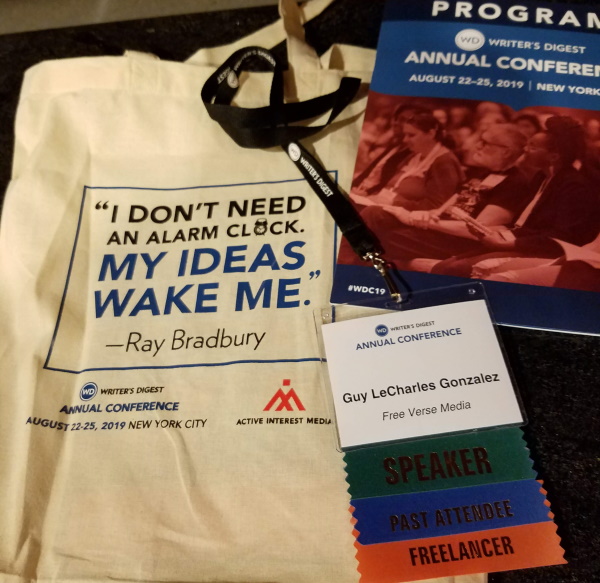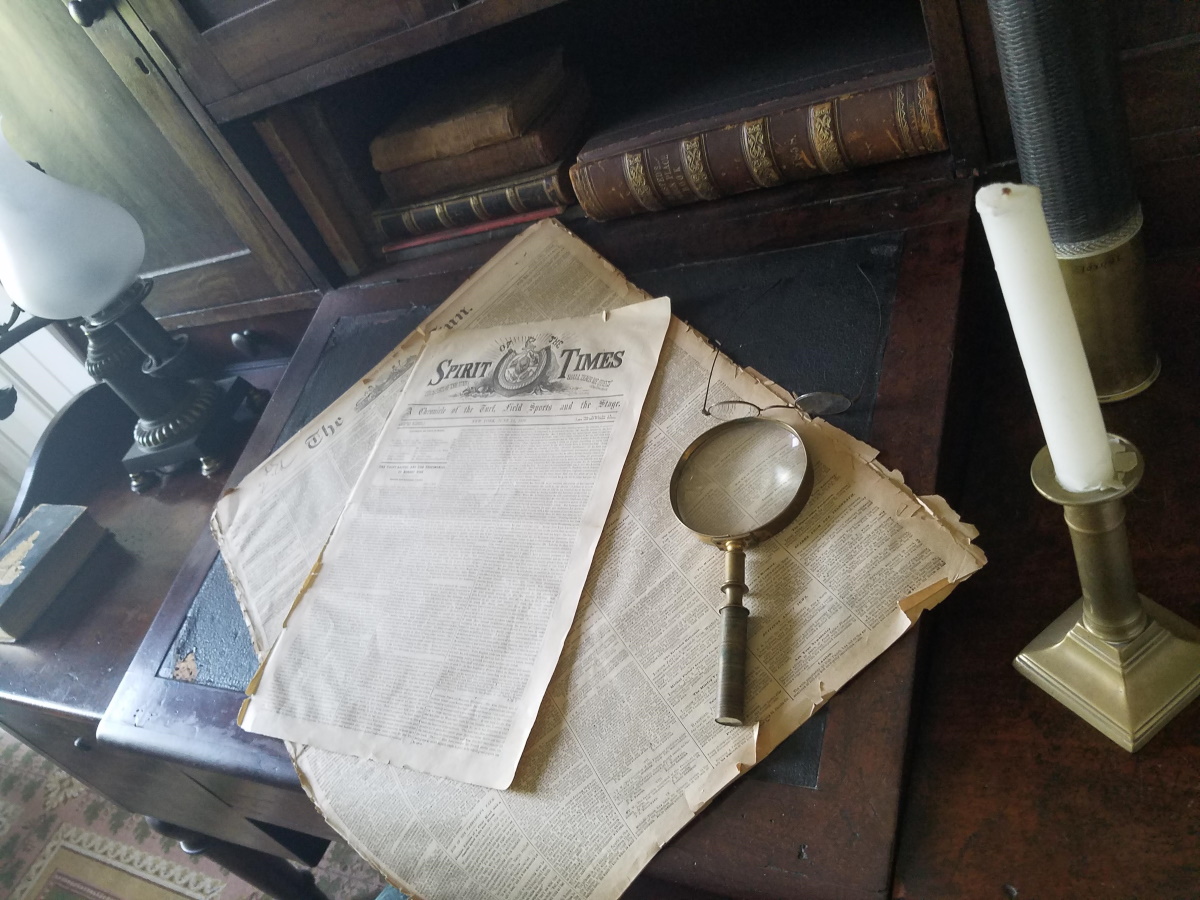Commentary on various aspects of publishing and marketing, primarily focused on books, magazines, and social media.
Another notable factor that publishers seem to have trouble acknowledging is that books—especially ebooks—don't exist in a vacuum, competing only with other books published that month, but they fight for attention and discretionary income with every other immersive media format, too. Movies, TV, and gaming have all seen their own versions of digital disruption—not to mention other areas of publishing itself—so the idea that the one compelling villain to blame a decline in consumer ebook sales on is public libraries would be laughable if it wasn't so short-sighted and suicidal.
Things have been a little quiet for me on the library front recently—periodic Twitter rants aside—as I've been working behind the scenes on refining the Panorama Project's focus for 2020 in light of recent events, identifying areas where we can have a measurable and actionable impact and figuring out how to implement the right initiatives. While I'm excited about what's in development for 2020, it's still too early to announce any of it, but two articles I wrote recently offer a glimpse of where things are heading.
“Most book marketing advice comes from authors who’ve had commercial success with books but no actual marketing experience. Many are taking advice that isn’t meant for them yet because they're not where they need to be,” explained Kilby Blades, an award-winning indie author and professional marketer, sharing practical insights for effective paid marketing strategies with WDC19 attendees.
I read (and listen to) a lot about what's happening in marketing and media these days, and while the desire for clicks and the illusion of engagement generates a lot of useless noise, there are still some good, actionable insights being put out there that can be easily missed. I share the good stuff on Twitter and LinkedIn when I find it, but "Marketing Memos" is a weekly(ish) selection of 3-5 of the most interesting and insightful articles and podcast episodes—curated after I've had a chance to process them and identify the best.
"Market research is a very dry, dull topic, but finding and connecting with readers is how we make money." Too often, market research is limited to the basics—high-level demographics (age, gender, income) and/or broad genre interests (science fiction, romance)—leading to target audiences that either don't actually exist, or worse, reflect the researchers' personal interests. To find the right readers for a specific book or author, Amy Collins encourages writers to set aside personal assumptions and dig deeper.
I read (and listen to) a lot about what's happening in marketing and media these days, and while the desire for clicks and the illusion of engagement generates a lot of useless noise, there are still some good, actionable insights being put out there that can be easily missed. I share the good stuff on Twitter and LinkedIn when I find it, but "Marketing Memos" is a weekly(ish) selection of 3-5 of the most interesting and insightful articles and podcast episodes—curated after I've had a chance to process them and identify the best.
I read (and listen to) a lot about what's happening in marketing and media these days, and while the desire for clicks and the illusion of engagement generates a lot of useless noise, there are still some good, actionable insights being put out there that can be easily missed. I share the good stuff on Twitter and LinkedIn when I find it, but "Marketing Memos" is a weekly selection of 3-5 of the most interesting and insightful articles and podcast episodes—curated after I've had a chance to process them and identify the best.



